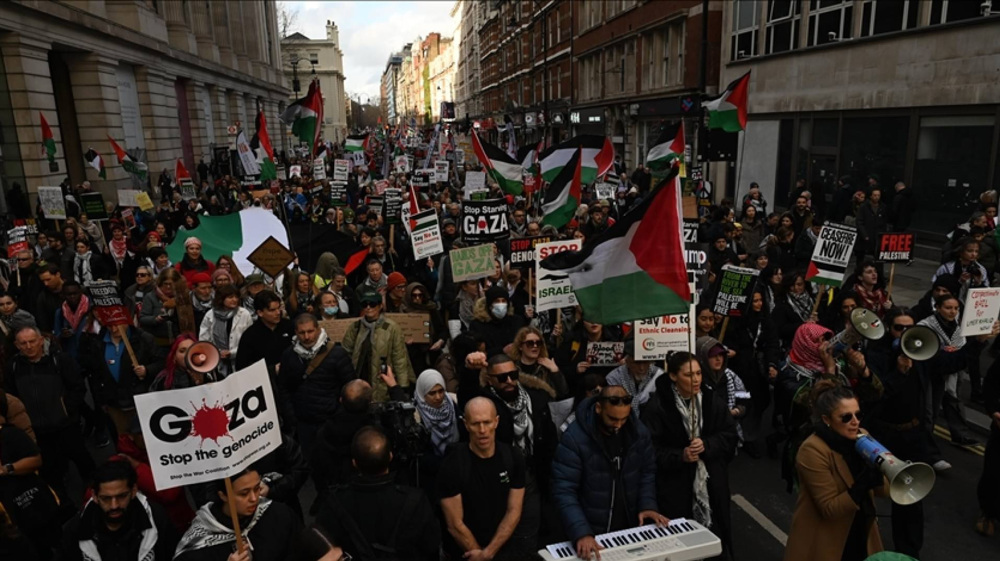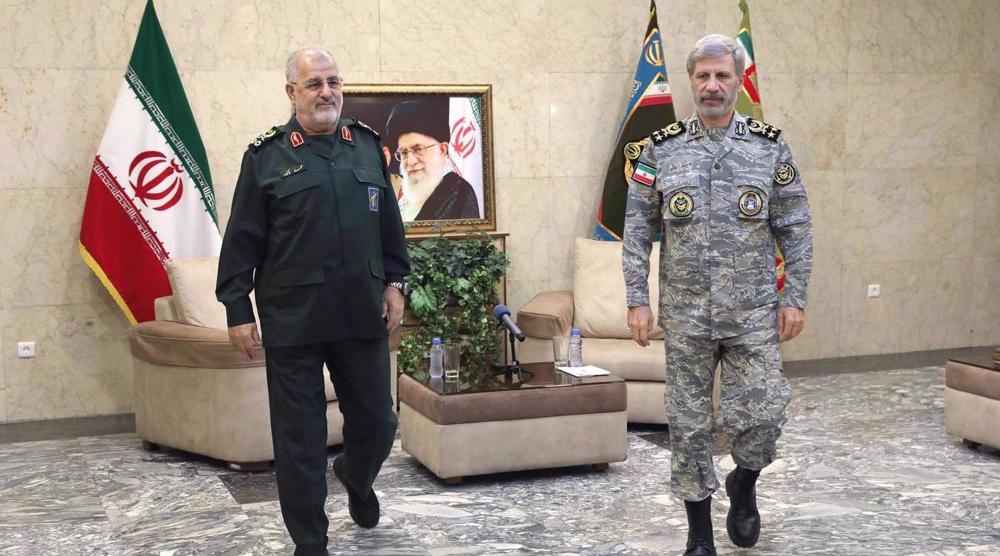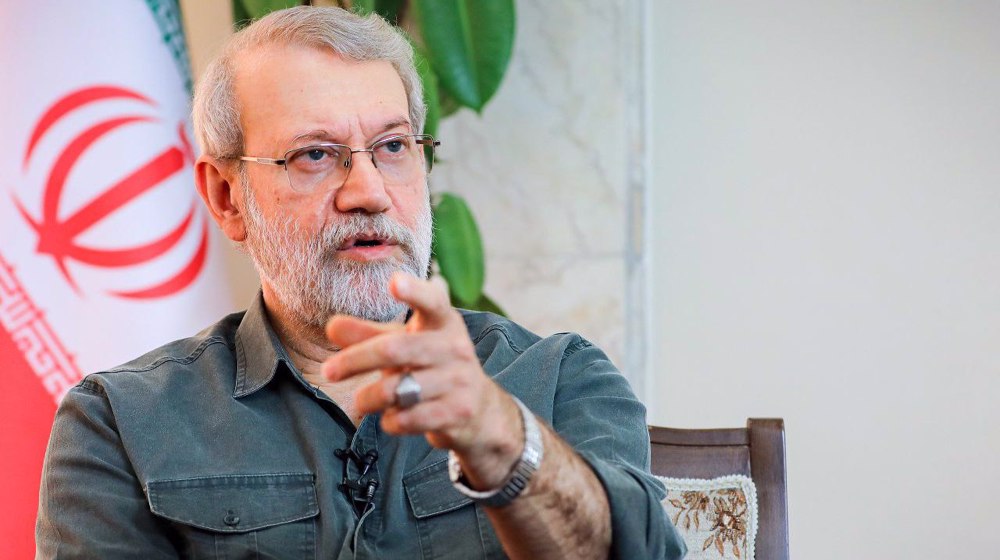EU considers ‘large-scale’ refugee deportations
A senior European Union official says the 28-nation bloc is looking into a “large-scale” refugee deportation scheme amid efforts to contain the influx of asylum seekers into the continent.
European Council President Donald Tusk said Thursday that the EU has increased its pressure on Turkey to consider a major escalation in refugee deportations from Greece.
“We agree that the refugee flows still remain far too high,” Tusk said after meeting with Turkish Premier Ahmet Davutoglu.
“To many in Europe, the most promising method seems to be a fast and large-scale mechanism to ship back irregular migrants arriving in Greece. It would effectively break the business model of the smugglers,” he added.
Tusk made the comments at the end of a tour of six countries hardly hit by the refugee crisis, including Turkey, where 850,000 refugees left last year for Greek islands.
However, the top EU official has not been clear who would actually carry out the expulsions.
Earlier on Thursday, Tusk piled pressure on Athens to do more and separate economic refugees from those fleeing conflicts and wars. He also made a direct appeal to those seeking a better life in Europe not to embark on the dangerous journey.
“I want to appeal to all potential illegal economic migrants, wherever you are from: Do not come to Europe,” said Tusk, adding, “Do not risk your lives and your money. It is all for nothing. Greece, or any other European country, will no longer be a transit country.”

Currently, more than 30,000 refugees are stranded in Greece following a decision by Austria and four ex-Yugolsav states to drastically reduce the number of transiting refugees.
The refugees stuck at the Greece-Macedonia border have been forced to camp for days in cold weather and with little supplies.
Greek Migration Minister Ioannis Mouzals has said that the military had built thousands of additional places at temporary shelters since the border closures.
“We consider the (Macedonian) border to be closed ... Letting 80 through a day is not significant,” Mouzals said
Meanwhile, the United Nations has also warned that the number of people stranded in Greece could quickly double.
The “inevitable consequence” of closed borders throughout the Balkans is that “Greece increasingly becomes a camp for refugees,” said Peter Sutherland, a top UN official on migration.
European Commissioner for Migration Dimitris Avramopoulos has said Greece has until May to protect its external borders from the influx of refugees. He also noted that Athens needs to register all the asylum seekers trapped within Greek borders.
Thousands of refugees, mostly fleeing war and poverty in the Middle East, are trapped in Greece, which has been the main gateway for refugees into wealthier European states.
The exodus has prompted several EU states as well as the Balkans to impose restrictions on their borders.
The United Nations and other world organizations say the refugee crisis in Europe is fast turning into a humanitarian disaster, calling for the implementation of a relocation plan for thousands of stranded refugees.
Leader: Any US-initiated war against Iran would become regional
Iran cementing ‘green gold’ legacy against US sabotage
Dismissing Trump’s interference, Iraq’s Shia bloc backs Maliki as prime minister nominee
ICE ordered to release 5-year-old boy and father after arbitrary arrest
Thousands rally across Europe to support Palestine, condemn Israeli atrocities
Hamas leader: Commitment to Gaza ceasefire hinges on Israel’s compliance
VIDEO | Thousands demand end to UK complicity in Gaza War
VIDEO | 350 Palestinian children held in Israeli prisons















 This makes it easy to access the Press TV website
This makes it easy to access the Press TV website